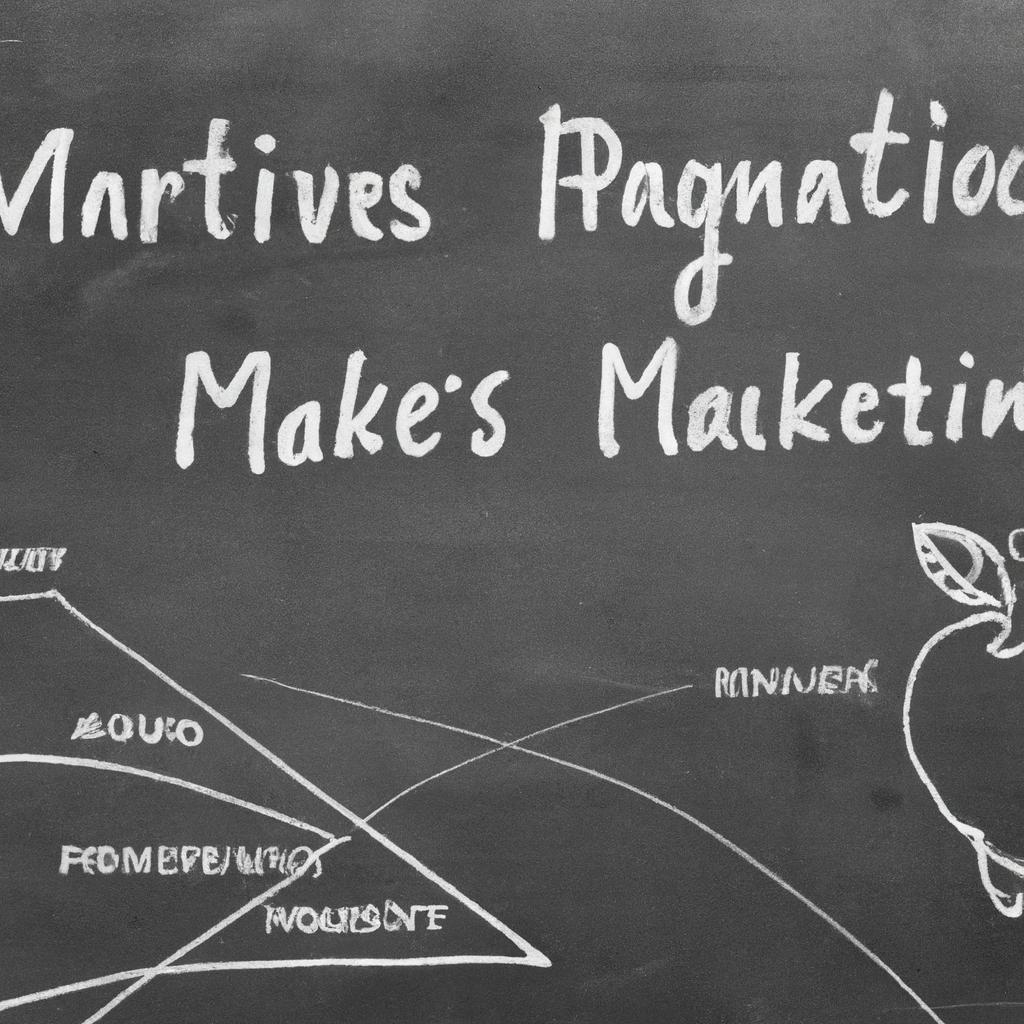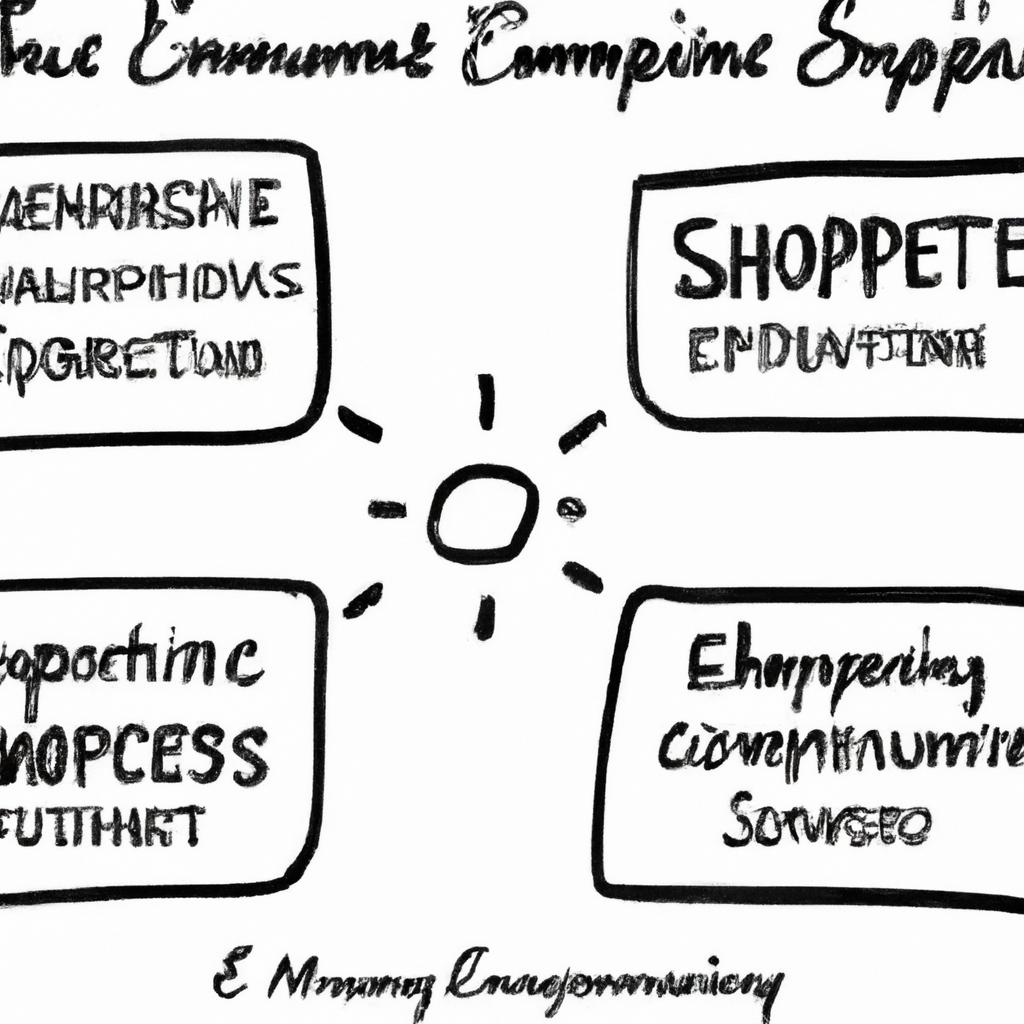
In a world inundated with choices, where every product claims to be better than the last, the savvy consumer stands apart—equipped with knowledge and discernment. “Uncovering Origins: Essential Shopping Tips for Informed Consumers” delves into the intricate web of factors that define a product’s journey, from its inception to its arrival on store shelves. In this age of transparency, understanding the story behind what we buy has never been more essential. This article aims to illuminate the path to informed shopping, empowering you to make choices that resonate with your values and prioritize quality over mere convenience. Join us as we explore practical tips, thought-provoking insights, and essential questions to ask, guiding you toward a more conscious consumption experience.
Navigating the Marketplace: Understanding Product Origins and Values
In a world overflowing with choices, understanding where a product comes from is not just a matter of curiosity but a necessity for conscious consumerism. Many products boast rich histories and cultural significance, yet their origins often remain cloaked in ambiguity. To truly navigate this marketplace, begin by considering **labels and certifications**. Look for indications of ethical sourcing, fair trade practices, and sustainable production methods. These markers can empower you to make choices that align with your values and minimize your ecological footprint. Additionally, conducting a bit of online research can illuminate a product’s background, helping you appreciate the craftsmanship and labor that went into creating it.
Furthermore, engaging directly with brands can provide insight into their practices and commitments. Consider reaching out via social media or through customer service channels to ask about their sourcing policies and sustainability efforts. Pay attention to **brand transparency**, as companies that openly share their supply chain processes are typically more trustworthy. Here are a few tips on what to ask or look for:
- Origin of materials: Where are the raw materials sourced?
- Labor conditions: What are the conditions like for workers?
- Environmental impact: What measures are taken to minimize environmental harm?
| Label | What It Means |
|---|---|
| Fair Trade | Ensures fair wages and working conditions for producers. |
| Organic | Produced without synthetic fertilizers or pesticides. |
| Locally Sourced | Products made with ingredients sourced from nearby regions. |
By being proactive in your shopping habits and focusing on these elements, you can cultivate a more informed perspective on the products you support. In an interconnected global economy, every purchase reflects your stance on sustainability, ethics, and community welfare. Understanding the origins of your products is the first step toward becoming a more responsible consumer.

Empowering Choices: Strategies for Conscious and Informed Shopping Decisions
Making well-informed shopping decisions not only benefits you as a consumer but also contributes positively to the wider community and environment. To start, it’s essential to research brands before making a purchase. Look for companies that are transparent about their sourcing methods and labor practices. Websites that offer product reviews, sustainability ratings, and ethical certifications can be invaluable. Additionally, try to support local businesses that prioritize sustainability. With every purchase, you are casting a vote for the kind of economy you want to see flourish.
Another effective strategy is to embrace the power of knowledge when examining product labels. Familiarize yourself with common buzzwords that highlight a product’s ethical or sustainable qualities, such as “fair trade,” “organic,” or “cruelty-free.” It’s equally crucial to recognize misleading terms and marketing tactics. For instance, the term “eco-friendly” can sometimes be used loosely, so dig deeper into what it actually means for the product in question. Maintaining a conscious mindset while shopping helps not only in making responsible choices but also in advocating for better practices across industries.
To Wrap It Up
In a world where choices abound and information is at our fingertips, understanding the origins of the products we consume has never been more crucial. With each purchase, we wield the power to support ethical practices, sustainable methods, and local economies. As we conclude our exploration of essential shopping tips for informed consumers, we encourage you to embrace these insights not just as guidelines, but as a journey towards mindful consumption.
Remember, every item carries a story—an origin that reflects the heart of the makers, the environment, and the communities involved. By asking the right questions and seeking transparency, you enhance not only your shopping experience but also contribute to a market that values integrity and sustainability.
So, the next time you find yourself navigating the aisles or scrolling through online shops, let your curiosity guide you. Dive deeper, connect with the products you choose, and become an advocate for transparency in a vibrant marketplace. The knowledge you cultivate today will pave the way for a more conscious tomorrow, one shopping cart at a time. Happy shopping!
















